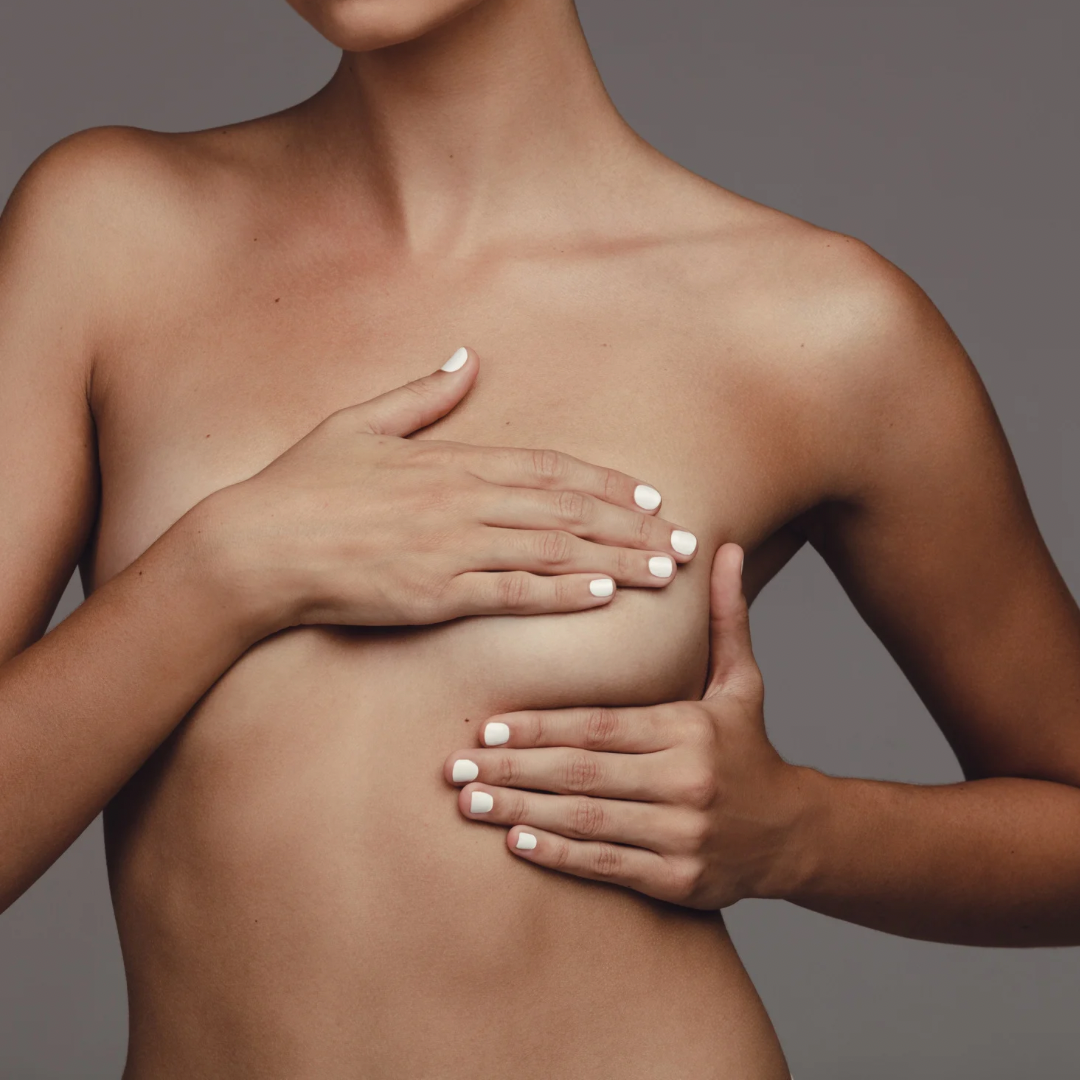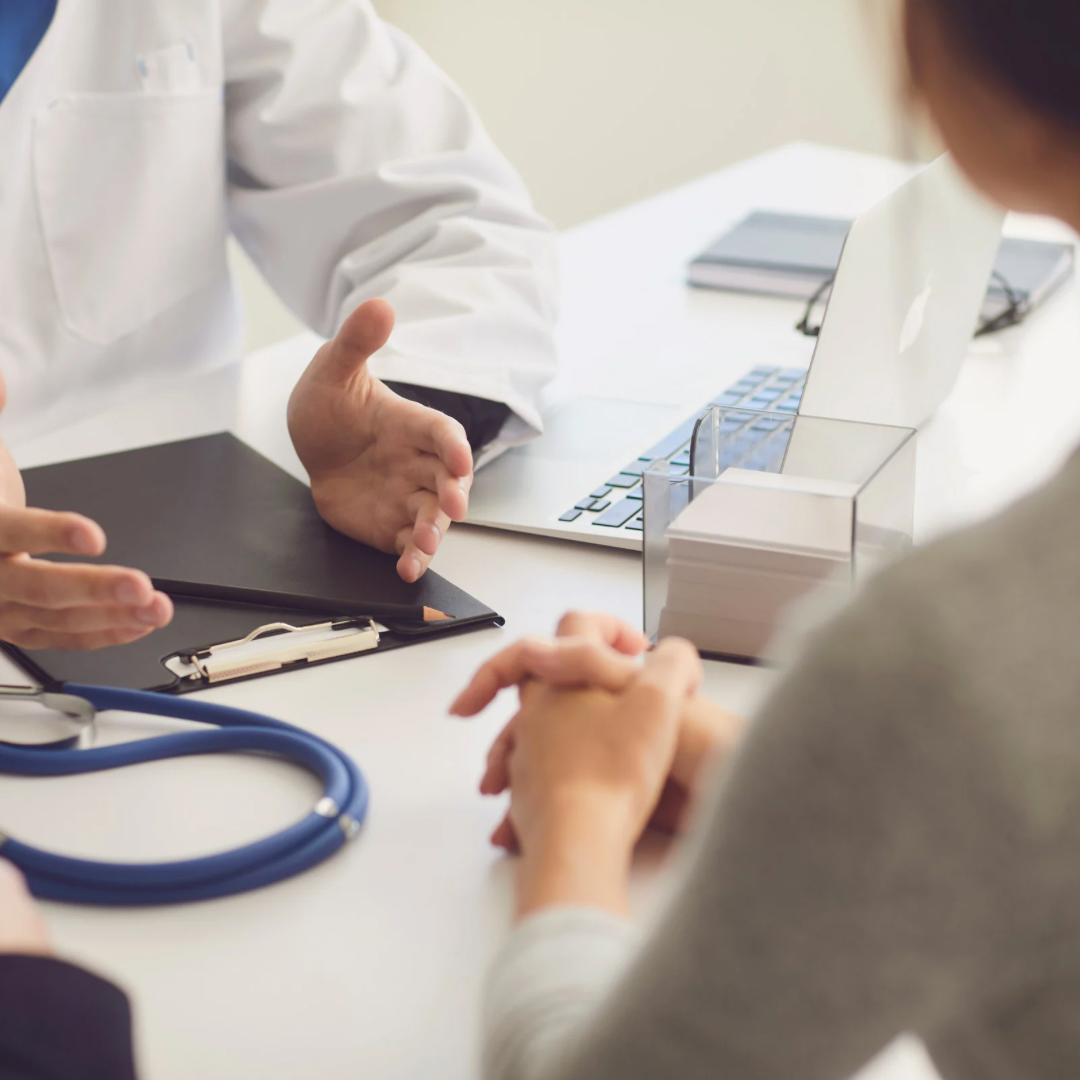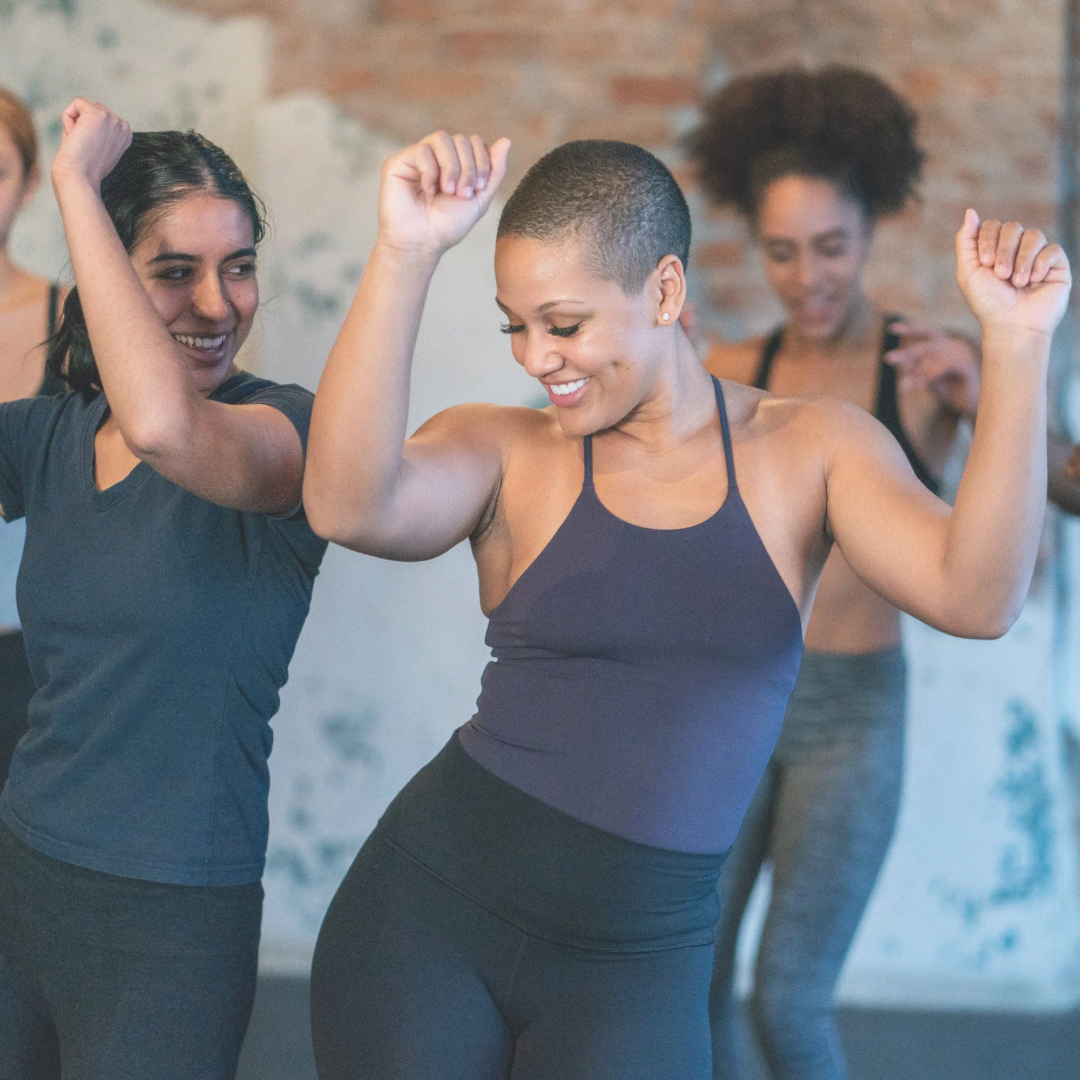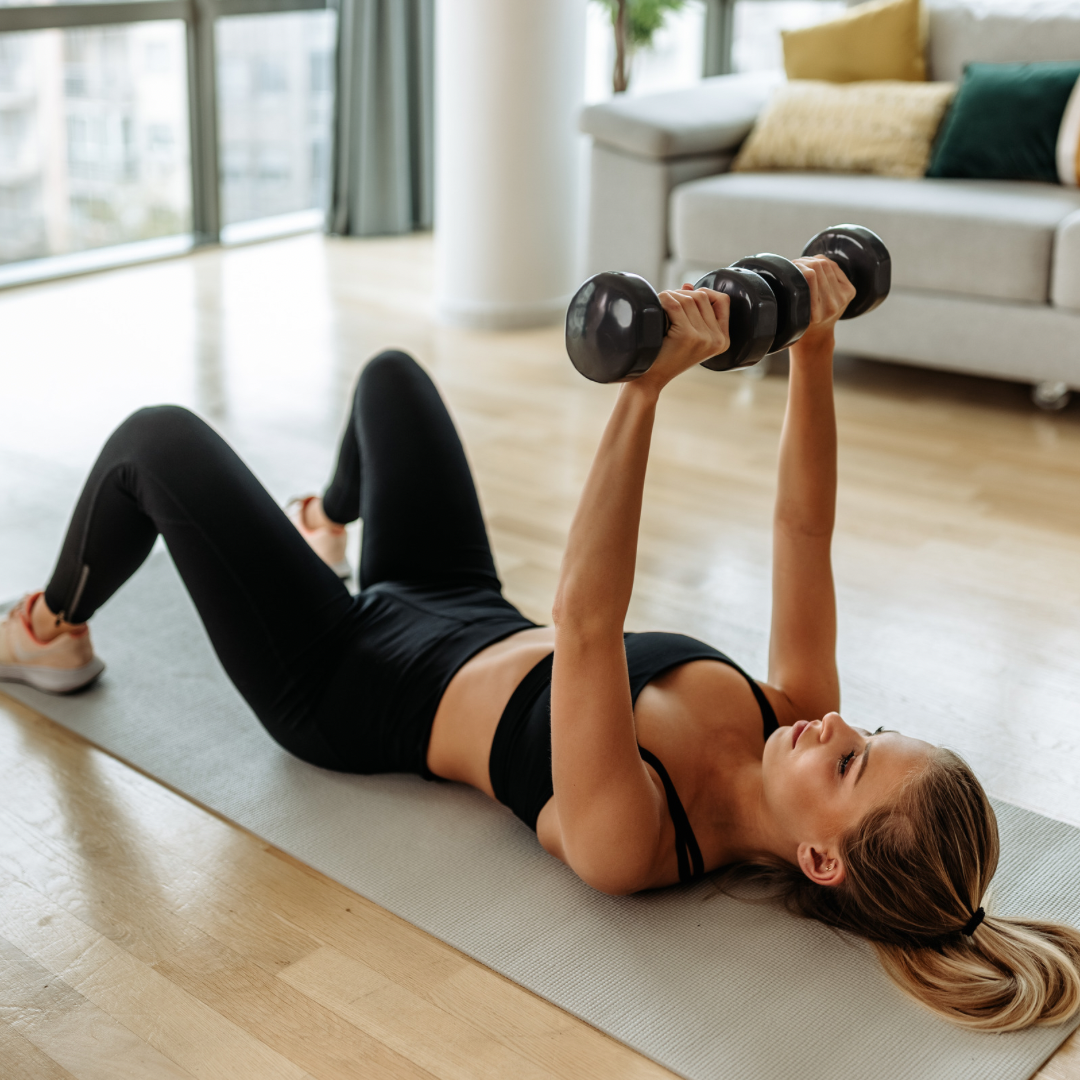Breast Cancer Awareness Month - How To Check For Breast Cancer
As October marks Breast Cancer Awareness month it’s a highly worrying fact that breast cancer is the most common cancer in the world. Over 55,000 people are diagnosed every year in the UK alone. Thankfully with advanced research and raised awareness almost 9 in 10 women will survive breast cancer for 5 years or more after diagnosis with survival rates doubling in the past 40 years. However early detection is the key to increasing survival rates and so checking your breasts as a regular part of your self care routine is essential. Here, Breast Cancer Now provides an insightful and coherent guide to checking your breasts to ensure that you are aware of the key signs and symptoms of breast cancer should you uncover something unusual.
How To Check Your Breasts
The earlier breast cancer is diagnosed, the better the chance of successful treatment. So it's important to check your breasts regularly and see your GP if you notice a change.
Common breast cancer signs and symptoms include:
a lump or swelling in the breast, upper chest or armpit – you might feel the lump but not see it
a change to the skin, such as puckering or dimpling
a change in the colour of the breast – the breast may look red or inflamed
a change to the nipple, for example it has become pulled in (inverted)
rash or crusting around the nipple
any unusual liquid (discharge) from either nipple
changes in size or shape of the breast
On its own, pain in your breasts is not usually a sign of breast cancer. But look out for pain that’s there all or most of the time.
Noticing an unusual change doesn’t necessarily mean you have breast cancer, and most breast changes are not because of cancer. But it’s important to get checked by your GP.
Checking Your Breasts
Checking your breasts only takes a few minutes. There’s no special technique and you don’t need training to check your breasts.
Check the whole breast area, including your upper chest and armpits.
Do this regularly to check for changes.
It’s as simple as TLC: Touch Look Check
Touch your breasts: can you feel anything unusual?
Look for changes: does anything look different?
Check any changes with your GP
A lump or swelling in the breast, upper chest or armpit
A change to the skin, such as puckering or dimpling
A change in the colour of the breast – the breast may look red or inflamed
A nipple change, for example it has become pulled in (inverted)
Rash or crusting around the nipple
Unusual liquid (discharge) from either nipple
Changes in size or shape of the breast
Pain in your breast or armpit that’s there all or almost all the time
Have you felt or seen anything unusual? If so, make sure you get checked out by your doctor as soon as possible.
If your doctor thinks you need any further testing, they will refer you to a breast clinic to see a specialist. Find out more about being referred to a breast clinic.
What will happen when I see my GP?
See your GP as soon as possible if you notice any unusual changes in your breast.
Your GP will examine your breasts.
After examining your breasts, your GP may:
feel that there’s no need for further investigation
ask to see you again after a short time
refer you to a breast clinic
Being referred to a breast clinic doesn’t necessarily mean that you have breast cancer. It just means that more tests are needed to find out what’s going on.
If your GP is male and you don’t feel comfortable going to see him, ask if there’s a female doctor available. You can also ask for a female nurse or member of staff to be present during your examination, or you can take a friend or relative with you.
If you're worried about breast health or breast cancer you can speak to our breast care nurses for free by calling 0808 800 6000 or by email.
Together we can beat Breast Cancer
If you’d like to donate to Breast Cancer Now please visit the website https://breastcancernow.org/donate
Photo by Rawpixel Ltd/iStock / Getty Images



























